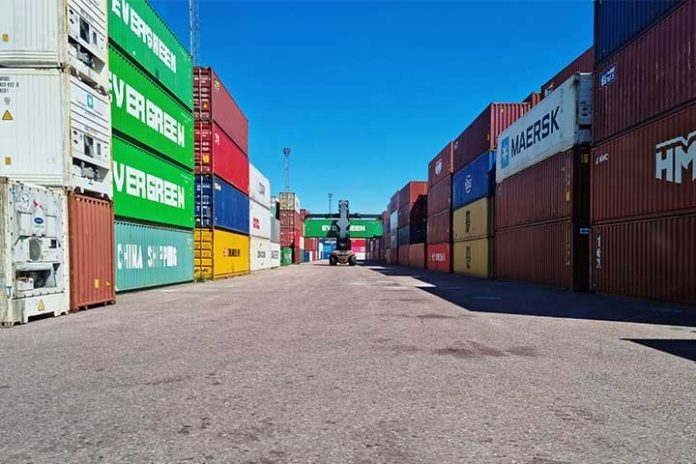Are you about to tackle your first international shipment? Well, there’s no need for you to feel overwhelmed. In this article, we’ll share some tips and suggestions that will help ensure your LCL (Less-than-Container Load) shipment is thriving – from gathering essential documents to calculating the cost of freight services. With an understanding of what goes into an effective LCL shipping process, you can easily plan and organize shipments in the future.
What is LCL shipping, and why might it be a good option for you?
Are you looking for a way to help make your shipping methods more efficient and cost-effective? Then look no further than LCL shipping. LCL, or Less than Container Load, is an ideal shipping method for businesses wanting to save money and optimize the use of their storage space. The good thing about this type of shipping is that it allows you to store goods economically at different locations.
It also helps reduce transit times and increases flexibility in terms of quantity and destination ports. It means you’ll have more control over your package’s size, weight, route, and delivery schedule. Thus, if you’re looking for an efficient and hassle-free way to ship items while saving money simultaneously, then LCL shipping could be just what you need. LCL ocean freight is also a great way to move large shipments quickly and efficiently without worrying about filling an entire container.
How do you prepare for an LCL shipment, and what should you remember?
When it comes to LCL shipping, proper preparation is vital. Here are some aspects you should keep in mind when getting ready for an LCL shipment:
- Get your documents in order. Make sure that you have all the necessary paperwork, such as a commercial invoice and packing list, both of which must be completed accurately and completely.
- Determine accurate measurements of your goods. You need to know precisely what type of cargo you’re dealing with to make the right decision on the packaging, insurance coverage, and shipping costs.
- Research LCL freight providers. It would help if you took the time to research LCL freight providers to select one that’s suitable for your needs and budget. Consider factors such as pricing, delivery times, and customer service before deciding.
- Calculate the cost of LCL shipping services. LCL costs are based on the size and weight of your package, so you need to calculate these in advance to budget for the total cost of LCL shipping services.
- Pack goods appropriately for transit. Ensure that your goods are packed properly with suitable materials so they can be securely transported and protected from possible damage.
What are the costs associated with LCL shipping, and how can you save money on your shipment?
The costs associated with LCL shipping vary depending on the size and weight of your package and the destination port. In addition to these factors, additional fees are involved, such as documentation charges, customs clearance, and loading/unloading expenses. Some LCL freight providers may also charge a fuel surcharge or an administrative fee.
To save money on your LCL shipment, you should compare LCL rates from different carriers and select one that offers competitive rates. Additionally, it’s essential to research any additional fees and make sure you understand exactly what each fee covers so that you can budget accordingly.
How long does it take to ship via LCL, and what are the delivery options available to you?
Have you ever been in a situation where you needed to ship something but felt overwhelmed with the logistics? Don’t worry – shipping via LCL is more straightforward than it seems. Delivery time of your package typically ranges from one to four weeks, depending on the pickup and destination locations you choose.
The great thing about this kind of delivery service is the variety of options available; you can take advantage of priority or regular freight services, nationwide or international forwarding, and even door-to-door service if it fits your budget. With these delivery options at your fingertips, shipping via LCL will be an easy and accessible addition to your shipping needs.
What should you do if something goes wrong with your shipment?
No one wants to experience problems with LCL shipments, but unfortunately, it can happen. If your shipment or goods are damaged or lost in transit, you should contact the LCL freight provider immediately and provide them with proof of the damage. Depending on the situation, they may offer a refund or replacement services so that you can re-ship the goods safely and quickly.
The best approach is to ensure that all packages are properly packed before shipping, reducing the chances of any issues arising. Additionally, LCL freight providers may have recommendations that you should follow to ensure safe and secure transit for your goods.
Also Read: New Technologies: How They Affect Health, Transport And Your Pocket

